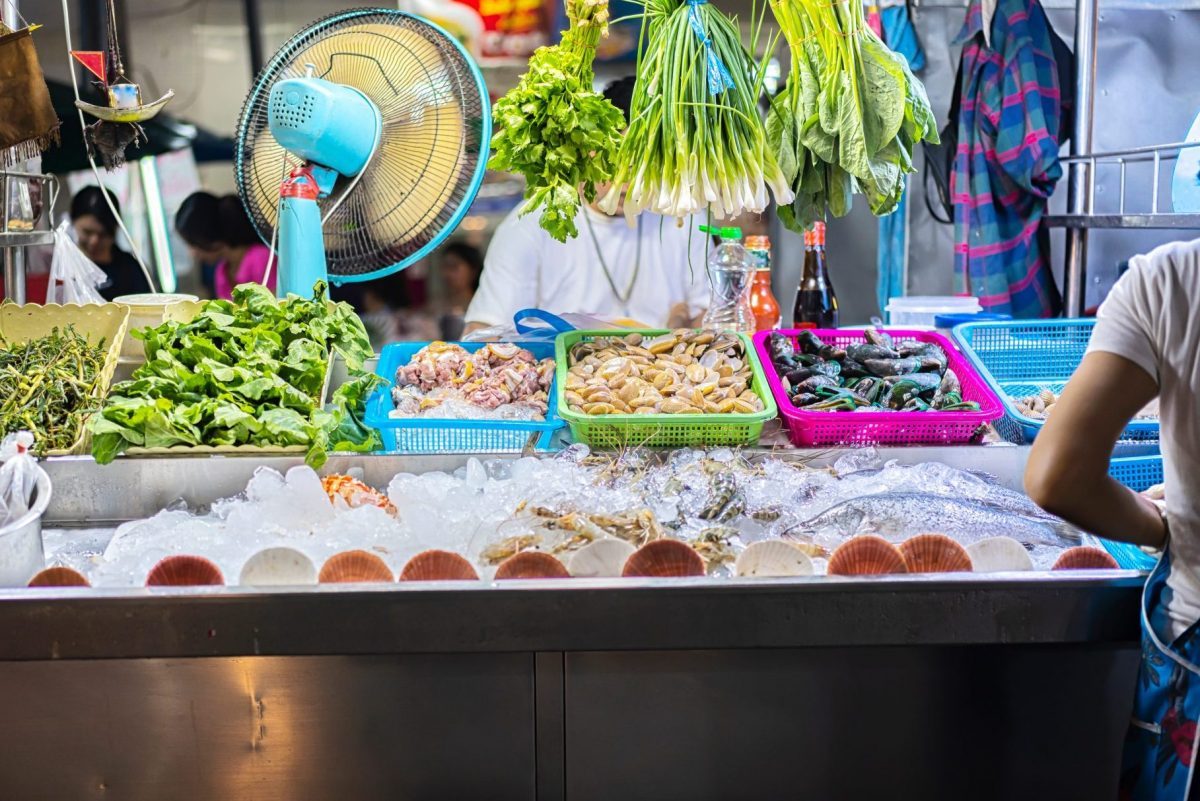Food Tourism Is the Perfect Entrée for Greener Travel

Skift Take
Food, a necessity in life and a universally-agreed upon way to the soul, has long been a strong stimulus for traveling the globe. With the growing reliance on the digitized, mass sharing of experiences over the past decade, expectations for food tourism have increasingly evolved in recent years.
But as the celebration of Earth Day on Friday reminds us, food tourism can serve as a strong way to make sustainable travel easier, and even more desirable. Here are few ways:
Sustainable Food ItinerariesGroup adventure travel agency Intrepid Travel has operated Real Food Adventures, a range of tours that focus on food experience-based travel itineraries, since 2013. When it originally launched, only six trips were available. After the pandemic, a total of fifteen tours are a part of the program, with new venues such as South Korea, the Balkans, Israel, and Palestine. The travel plans are characterized by intimate experiences that immerse travelers in the local culture, such as indulging in vegan samosas in the bustling streets of Delhi, sourcing local seasonal ingredients in the Tuscan sun, or enjoying a home-cooked meal in Morocco’s Blue City, Chefchaouen.
Intrepid's climate journey dates all the way back to 2005. They became carbon neutral in 2010, until realizing that carbon neutrality wasn’t enough, and they came out with an emission reduction target in 2020.
“The tourism sector has the forefront set in the climate crisis because destinations are getting impacted by these extreme weather events,” said Intrepid’s Global Environmental Impact Manager Susanne Etti. “We have a clear warning from the science community. By setting that emission reduction target, we basically now have a clear path to decarbonize our offices, but also our trips: transportation, accommodation, an
